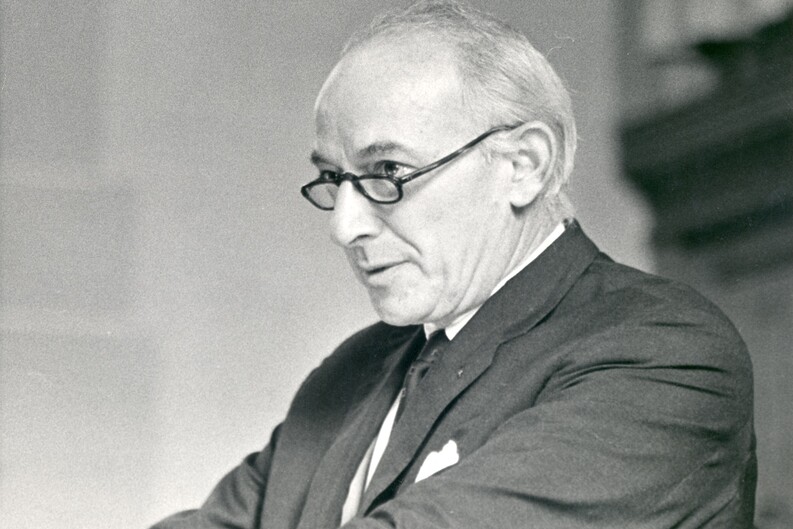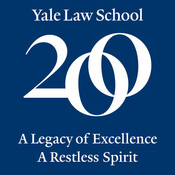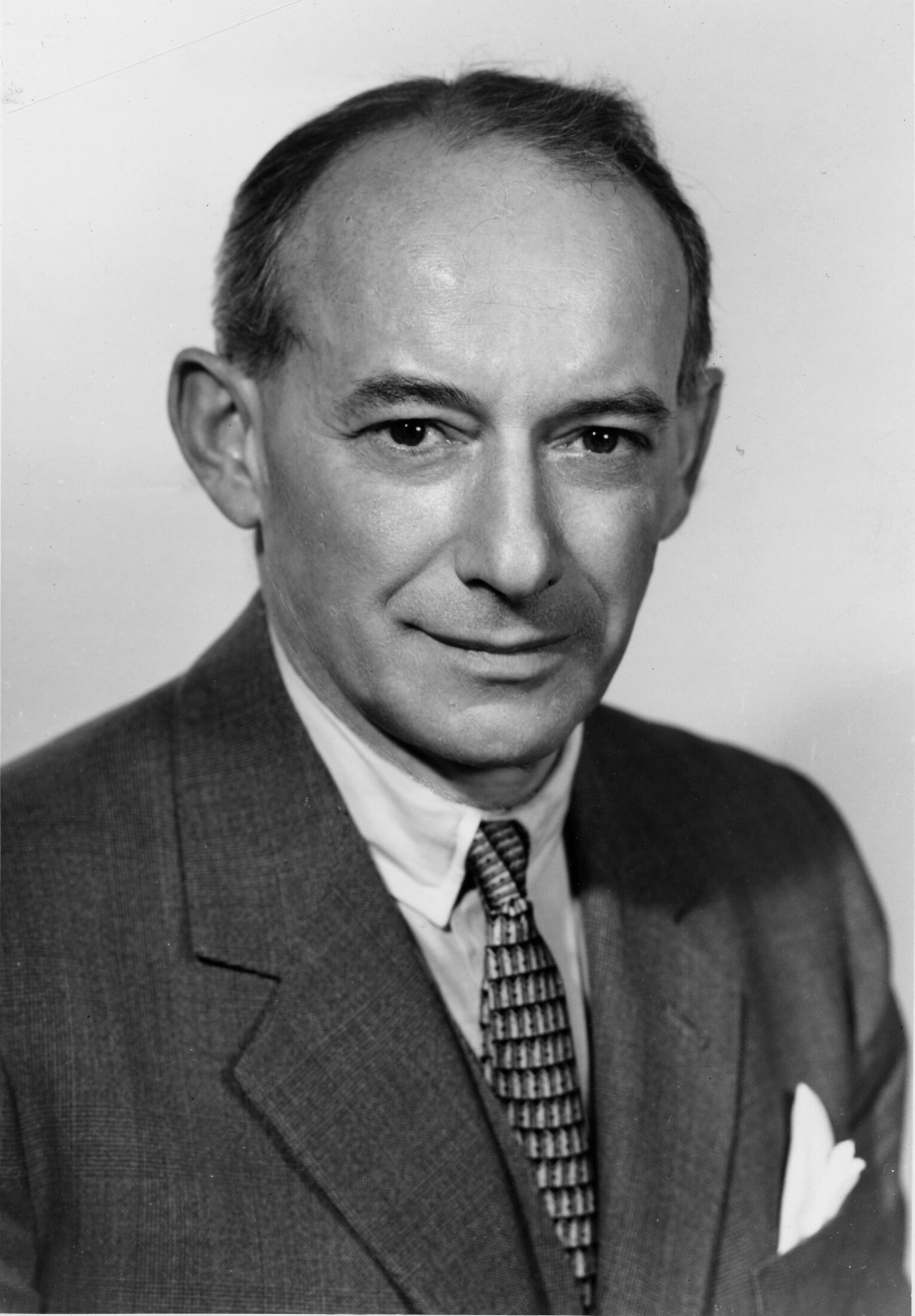Historical Profile: Eugene V. Rostow ’37


Hailed for ushering in “the arrival of the modern Yale Law School,” according to former Law School Professor Robert Stevens ’58 LLM, Eugene V. Rostow ’37 is regarded as “one of the Law School's great deans,” according to former Dean Anthony Kronman ’75.
Rostow was born in Brooklyn, New York, in 1913, and raised in New Jersey and New Haven, Connecticut. In 1933 at just 19 years old, he graduated Phi Beta Kappa from Yale College and went on to study economics at King’s College Cambridge. He then enrolled in Yale Law School, where he served as the Editor-in-Chief of the Yale Law Journal and graduated in 1937.
After only a year at the New York City corporate law firm Cravath, Rostow returned to Yale in 1938 to accept a faculty position at the Law School. Very shortly after his appointment, he was called to serve as an official of the Office of Lend-Lease Administration in which he aided American allies with supplies during World War II. He became a tenured professor in 1944, and the following year he wrote an article in the Yale Law Journal, “The Japanese American Cases—A Disaster,” that played a major role in securing reparation payments for Japanese Americans who were interned during World War II.
 Rostow was appointed as Dean in 1955, and his 10-year term would prove to be a transformative period for the Law School. With help from a $1.6 million grant from the Ford Foundation, he made significant curriculum reforms that cemented the School’s interdisciplinary approach to legal education. Yale began to differentiate itself from other law schools by pioneering the small-group approach to instruction and hiring more faculty — particularly academically diverse faculty.
Rostow was appointed as Dean in 1955, and his 10-year term would prove to be a transformative period for the Law School. With help from a $1.6 million grant from the Ford Foundation, he made significant curriculum reforms that cemented the School’s interdisciplinary approach to legal education. Yale began to differentiate itself from other law schools by pioneering the small-group approach to instruction and hiring more faculty — particularly academically diverse faculty.
“Only after I started teaching at Yale did I realize how much Dean Rostow had made the modern law school,” said Harold Hongju Koh, who served as dean from 2004–2009. “As a young dean, he had boldly hired a dozen untested faculty and told them to change the face of legal scholarship. ‘My flag flies on you,’ he told them.” Some of his most influential appointments included Alexander Bickel, Charles Black ’43, Grant Gilmore ’43, Myres McDougal ’31 JSD, and Ellen Peters ’54, as well as Abraham Goldstein ’49, Harry Wellington, and Guido Calabresi ’58, who became deans of the School.
In the years following his deanship, Rostow became an influential force in government as Under Secretary of State for Political Affairs during the Johnson administration and Director of the U.S. Arms Control and Disarmament Agency during the Reagan administration. In 1984, he was named the Sterling Professor Emeritus of Law and Public Affairs at Yale.
Rostow died in 2002 at the age of 89. Since his passing, his impact and legacy has endured. “Much of the Yale Law School we now know — to which we have become so accustomed ... was built or rebuilt during Gene’s deanship years,” said Kronman.


